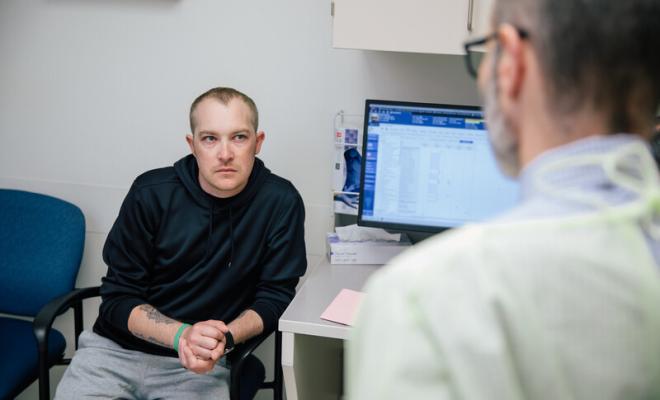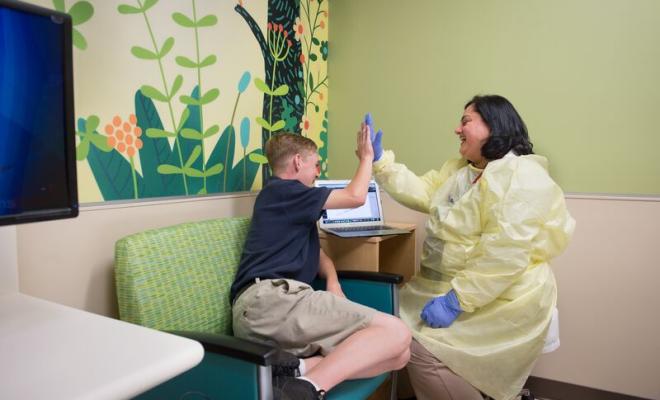Why Is Theratyping Important?
The conventional process for determining whether a drug successfully targets a particular mutation has been through clinical trials in people with CF who have a specific mutation. Clinical trials are feasible when there are enough people with that mutation to test, but this process becomes problematic for individuals whose mutations are so rare that only a handful of other people have them in the world. (About 1,000 CFTR mutations occur in fewer than five people.)
For this reason, researchers, supported by the Foundation, are testing CFTR modulators on cell lines expressing rare CFTR mutations to see if the proteins they produce show improved function. If the lab tests show positive results, that information is shared with the drug's manufacturer. The pharmaceutical company will use this information to help inform their own research into whether to submit an application to the U.S. Food and Drug Administration (FDA) to expand a drug to new mutations.
In December 2020, the FDA used theratyping data from Vertex Pharmaceuticals to expand approval of three CFTR modulators to include additional people with CF who have certain rare mutations. The approval enabled more than 600 individuals with CF who were not previously eligible for modulators to access drugs that treat the underlying cause of their disease for the first time.
The Foundation is funding theratyping testing at Cincinnati Children’s Hospital Medical Center on nasal cells from people with CF in the U.S. who don't currently qualify for a modulator. Eligible individuals should carry at least one CFTR mutation expected to make a full-length CFTR protein, because nonsense, frameshift, and many splice mutations will not respond to CFTR modulators. The results will be shared with the individual’s CF care team who can provide guidance on how to seek insurance coverage for an off-label prescription. For more information on testing and candidacy for referral, contact John Brewington, MD, at john.brewington@cchmc.org.

